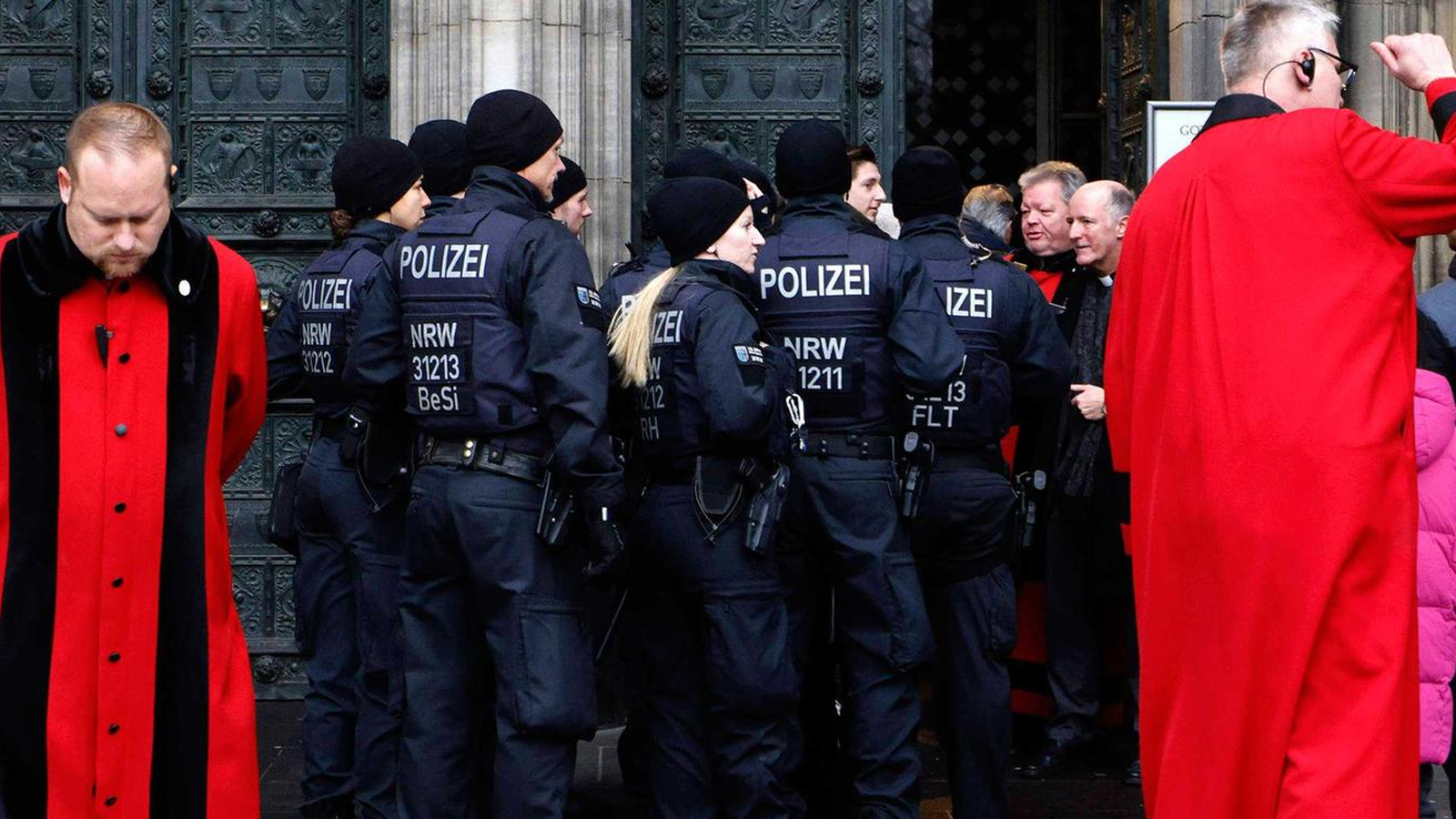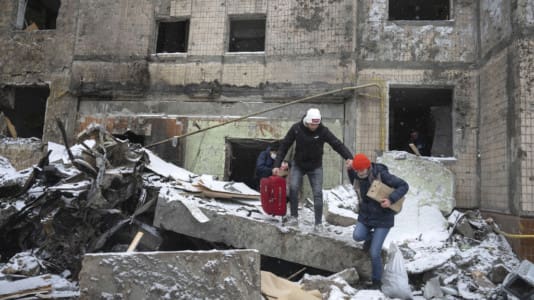The jihadists who planned attacks on cathedrals in Austria and Germany this past Christmas were offered a rocket launcher by an unnamed army official in Ukraine, according to the Austrian news outlet, Exxpress.
The site reported on Wednesday that the German Federal Criminal Police Office had obtained testimony from one of the suspects affiliated with the Islamic State terror cell in the Afghan province of Khorasan (ISPK) that revealed the group had been approached by “a contact who is supposed to fight in the army in the Donetsk Basin” regarding the purchase of a U.S.-manufactured FIM-92 Stinger missile.
The federal police office in Wiesbaden reportedly gathered intelligence through a statement made by a leading terror suspect, understood to be of Turkmen origin, to an undercover federal agent.
Several members of the terrorist network to have infiltrated Europe were arrested last month on suspicion of planning terror attacks at St. Stephen’s Cathedral in Vienna and Cologne Cathedral on Christmas.
Given the FIM-92 Stinger is typically used as an anti-aircraft missile, it is unclear whether its potential purchase was in connection with the plans to attack Christian landmarks or whether it was to be used in other planned attacks.
It was reported that the Ukrainian national within his country’s military ranks offered to sell the weapon for $5,000 and regularly visits Germany to attempt to sell military equipment on the black market.
[pp id=103144]
According to the Austrian news outlet, the terror group had also planned to target the Vienna Pride parade.
The ISIS splinter group, which emerged in 2015, has recruited several jihadists living throughout Europe and is led from the Netherlands, according to German counter-terror intelligence. It primarily comprises members from Central Asia.
The network is being closely monitored by intelligence agencies across Europe, and nine suspects affiliated with ISPK were arrested in raids last summer.





